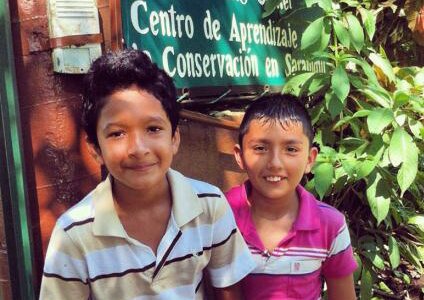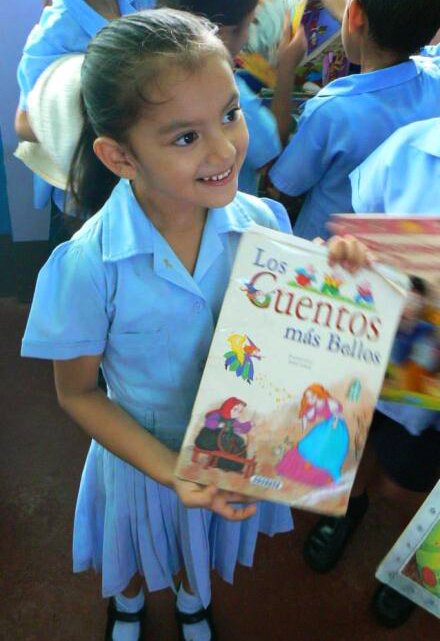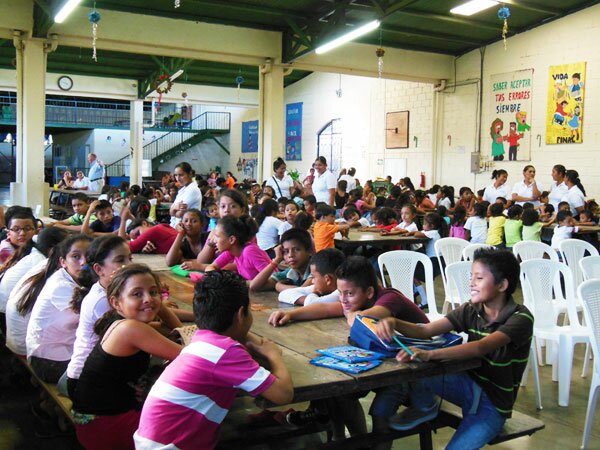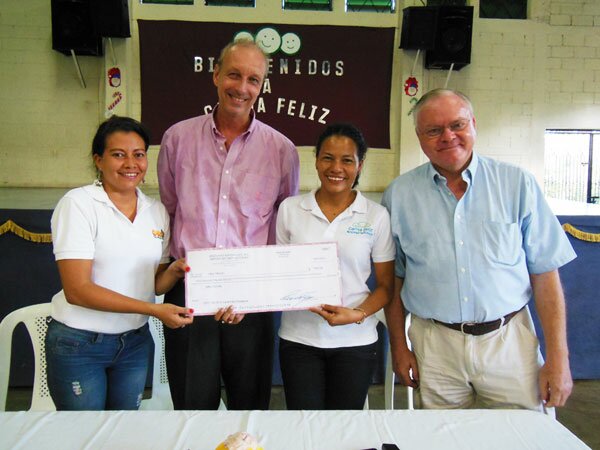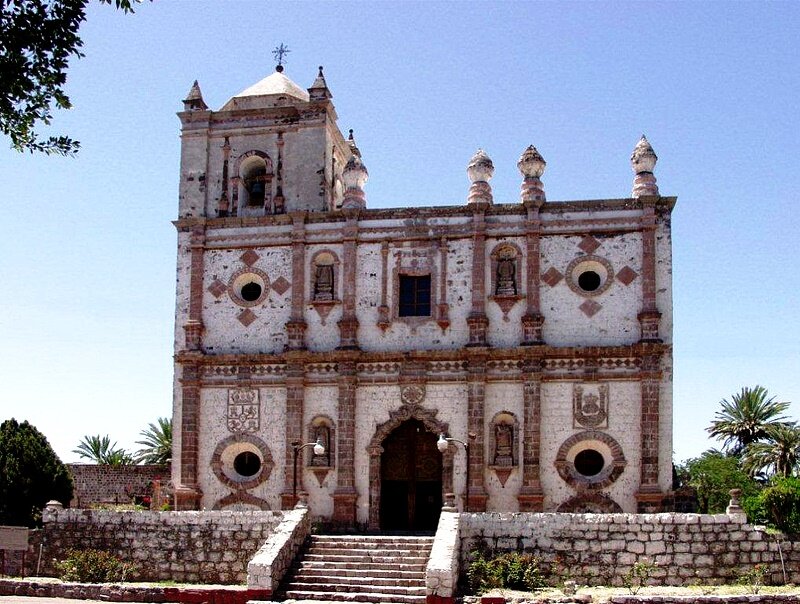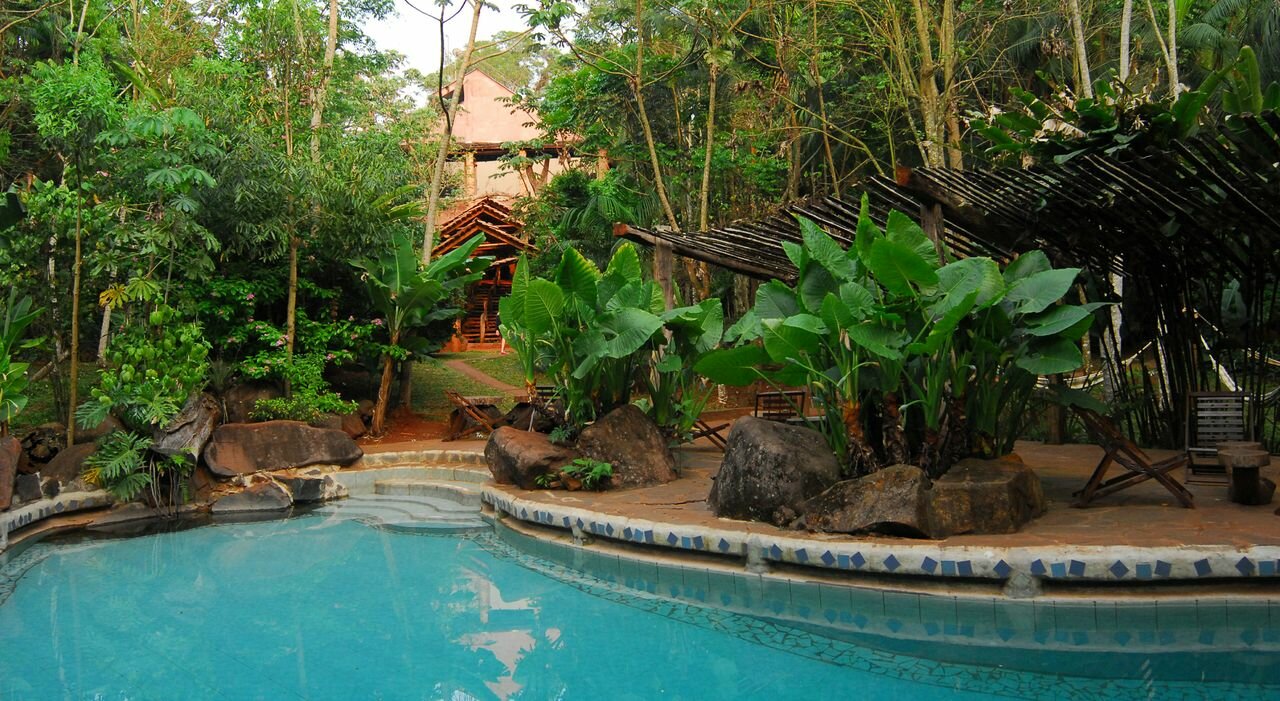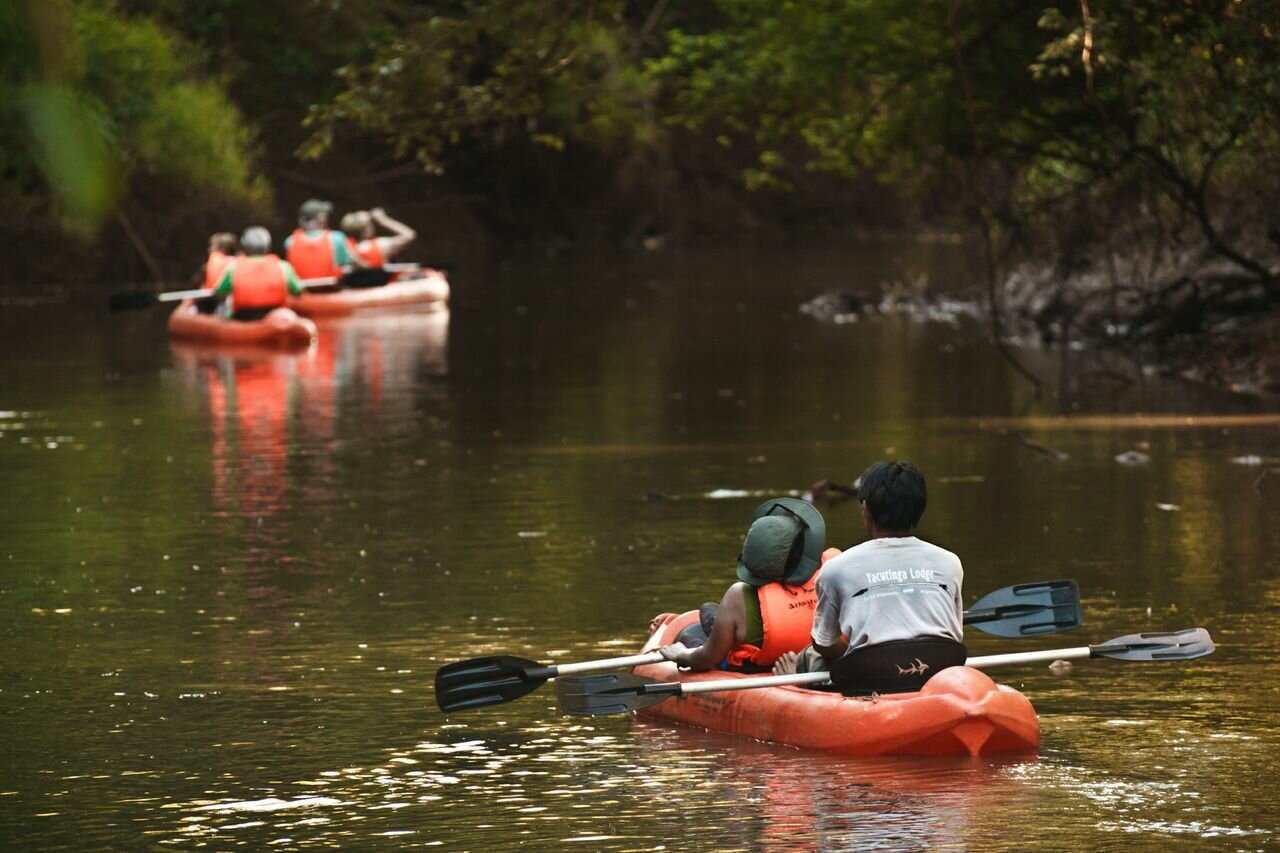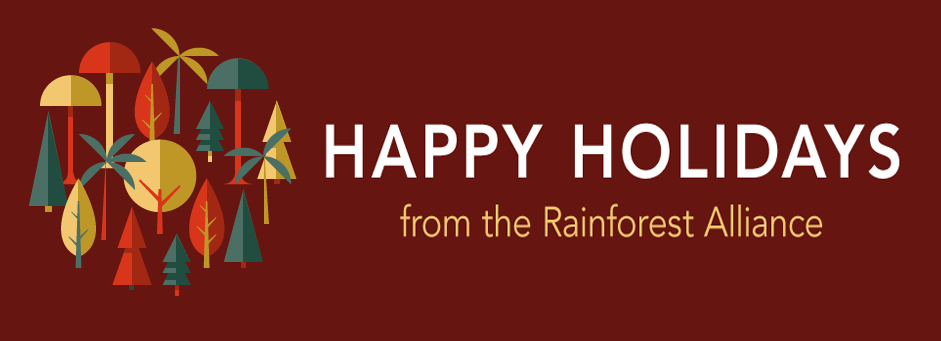
Happy holidays from the SustainableTrip.org team! Here are some quick tips for sustainable holiday travel:
- Trains, buses, and other forms of public transportation are the most energy-efficient way to travel.
- If you're traveling by plane, try to take a direct flight--in addition to being more convenient, it uses a lot less fuel.
- Carbon offset programs are an easy way to help mitigate the impact of your trip.
- If you just can't get around driving, make the effort to travel during off-peak times and take your car for regular maintenance before your road trip. Changing oil, properly inflating tires, and driving the speed limit can make a huge difference in fuel efficiency.
See you in 2014!


